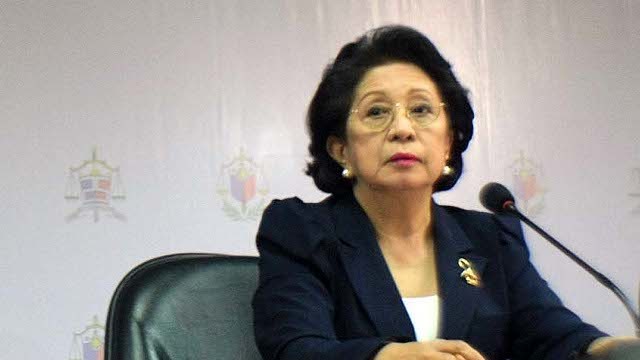Local government units and concerned agencies are required to protect 415 caves which have been recently classified to preserve and ensure their sustainable use, the Department of Environment and Natural Resources (DENR) said.
“As with other natural resources, caves are natural treasures that we need to protect for the future generations, because they are important wildlife habitats and possess significant geological, cultural, historical and archaeological values,” Environment Secretary Ramon Paje said.
DENR Memorandum Circular 2015-08 has classified an additional 51 caves to guide communities on their responsible management.
It is pursuant to Republic Act 9072, also known as the National Caves and Cave Resources Management and Protection Act, that tasks the DENR to formulate, develop and implement a cave management program to conserve and protect the country’s cave resources.
“This circular will guide the DENR, particularly the Biodiversity Management Bureau (BMB), and other concerned agencies and offices, including local government units on how to use our caves and cave resources appropriately,” Paje added.
Earlier, 354 caves had already been classified by the agency according to their characteristics.
Of the 51 newly classified caves, six are in the Ilocos region (Region I); nine in CALABARZON Region (Region 4A); 19 in the Davao region (Region 11); three in South Central Mindanao (Region 12); 14 in the Caraga Region (Region 13).
Seven were categorized as Class I for their delicate and fragile geological formations and threatened species. These include the Nical Cave in Dasol, Pangasinan; the Sung Wan and Kaping Caves in Tayabas City, Quezon; and the Burial Cave in Caraga, Davao Oriental.
Class I caves are limited to mapping, photography, educational and scientific purposes, and are closed for ecotourism activities.
Class I caves are limited to mapping, photography, educational and scientific purposes, and are closed for ecotourism activities.
The memo circular also categorized 36 Class II caves. These have sections with hazardous
conditions and high quality ecosystems that are highly sensitive to human activities, making it necessary to close these sections either seasonally or permanently except for experienced cavers and guided tours or visits.
conditions and high quality ecosystems that are highly sensitive to human activities, making it necessary to close these sections either seasonally or permanently except for experienced cavers and guided tours or visits.
Class II caves, meanwhile; include the Capilan Bat Cave in Sultan Kudara, Licup Cave in Samal Island, Davao, and Guano Cave in Bangui, Ilocos Norte.
Class III caves has no known threatened species within them or significant archaeological, geological, natural history, cultural and historical values. Such caves are open to inexperienced yet guided visitors. They may also open to guano extractors and birds’ nest collectors, if any.
Eight caves were categorized as Class III, which include Balite Cave in Samal Island, and six Punta Diwata Caves in Carmen City, Agusan del Norte.
With the classification, BMB personnel in the respective DENR field offices will coordinate with the Protected Area Management Board, concerned local government unit or land owner in the preparation and implementation of a management plan on related activities within the caves.
source: Manila Times


